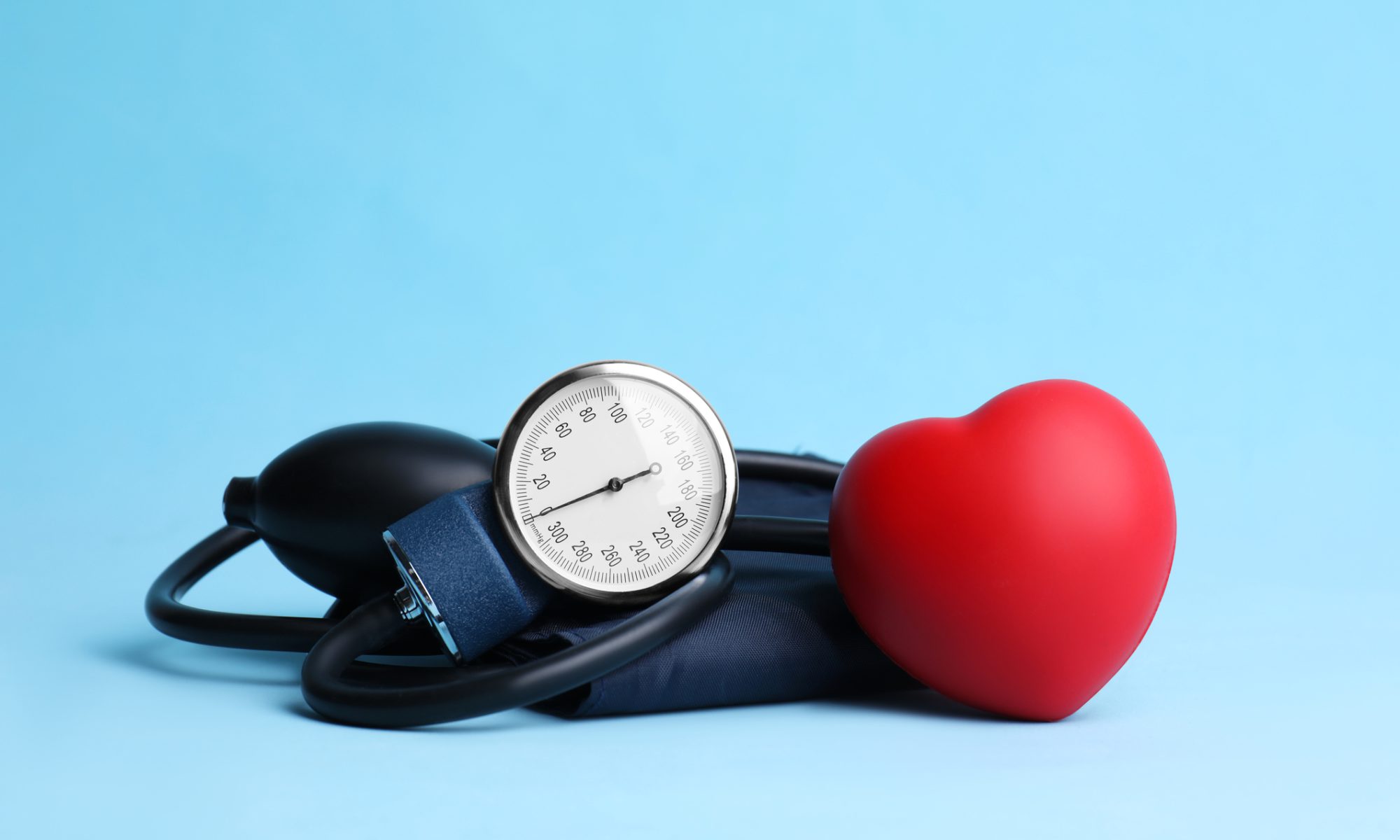Loading
Panelists Offer Different Perspectives to Address Health Disparities in Organ Transplantation
BRISBANE, Calif.–(BUSINESS WIRE)– CareDx, Inc. (Nasdaq: CDNA) – The Transplant Company™ focused on the discovery, development, and commercialization of clinically differentiated, high-value healthcare solutions for transplant patients and caregivers – today announced that it will co-host, along with MOTTEP (Minority Organ Tissue Transplantation Education Program), a panel discussion, “Tackling Health Equity in Organ Transplantation,” on August 18, 2022, 10:00-11:00am PST (1:00–2:00pm EST). The event is timed in recognition of National Minority Donor Awareness Month.
The event will bring greater awareness of health disparities in organ transplantation and discuss actionable solutions to address them. The event will be co-hosted by Reg Seeto, CEO and President of CareDx, and Dr. Clive Callender, Founder of MOTTEP.
Read the full press release on CareDx.com
Loading






